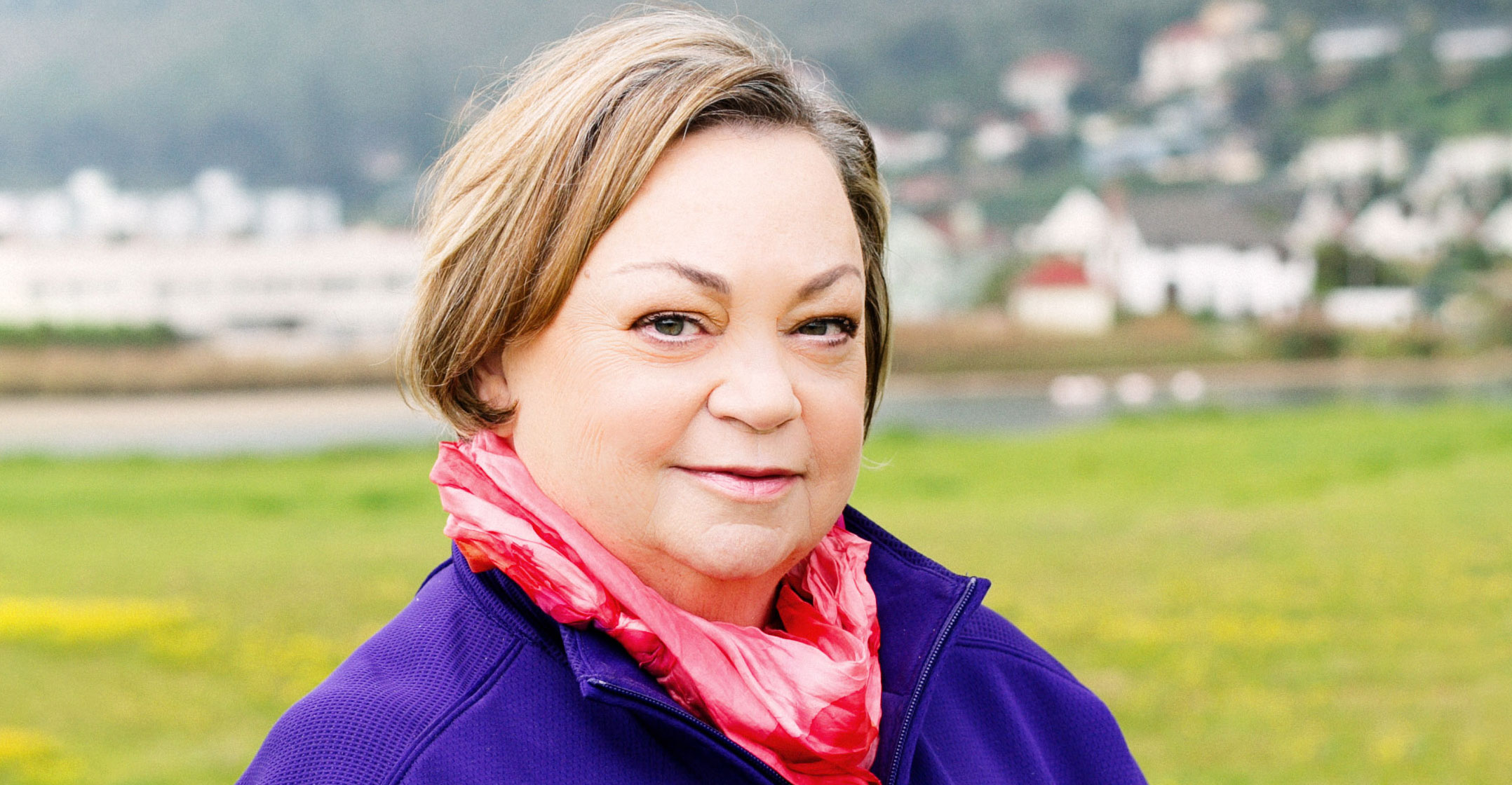
The Democratic Alliance has written to communications minister Nomvula Mokonyane to request clarity on the mandate of her newly appointed Broadcasting Digital Migration Advisory (BDM) Council, as well as the council’s expected deliverables and deadlines.
The minister’s reported brief to the newly appointed council falls short of the requirements for the review for which the DA has been asking since January 2017.
While the minister’s appointment of the panel, comprising of a number of credible authorities on the matter, is to be welcomed, it seems to be aimed only at delivering the short-term goal of analogue broadcasting switch-off to the Free State by December 2018, as well as chalking up a pre-election “achievement” for the 2019 general election.
This view is supported by the fact that social media marketing to encourage Free State and Northern Cape residents to register for government-subsidised set-top boxes (STBs, or decoders) is done in ANC colours and bears its logo in a clear conflict of party and state. In May, the DA wrote to the minister, asking for clarity on the matter, which she ignored.
She also ducked out of a joint meeting of the portfolio committees on communications and telecommunications & postal services scheduled for 5 June to discuss the status of the BDM programme. The committees’ last had a progress report from the former minister, Faith Muthambi, in September 2016.
The reported tasks of the BDM Advisory Council include collaborating with the minister’s digital terrestrial television programme management office on an analogue signal switch-over plan that prioritises the Free State switch-off in December and measures to accelerate the uptake of digital TV by qualifying indigent South African households.
The DA once again repeats the call for a two-day public hearing in parliament to review the entire BDM programme comprehensively. The hearings should look at the full cost of implementing the programme and how this will be funded, determine whether the corrupted government sponsored-STB programme should be scrapped in favour of integrated digital TV sets, how the programme will be funded, and whether skills need to be imported to supplement the scarce technical skills needed to re-stack the spectrum bands that will be freed up by digital migration.
We also need to know whether to upgrade signal distributor Sentech’s terrestrial digital transmission infrastructure, which has been largely unused since it was erected to meet the International Telecommunications Union’s analogue switch-off deadline of 17 June 2015, or switch the entire digital broadcasting programme to satellite transmission.
The switch-off of the analogue broadcasting signal is extremely urgent to free up desperately needed spectrum for mobile broadband use, but it would be foolish and probably wasteful to focus only on ways to now fast-track an outdated, corrupted and inadequately funded process.
- Marian Shinn is an MP the DA’s spokeswoman on telecoms & postal services




